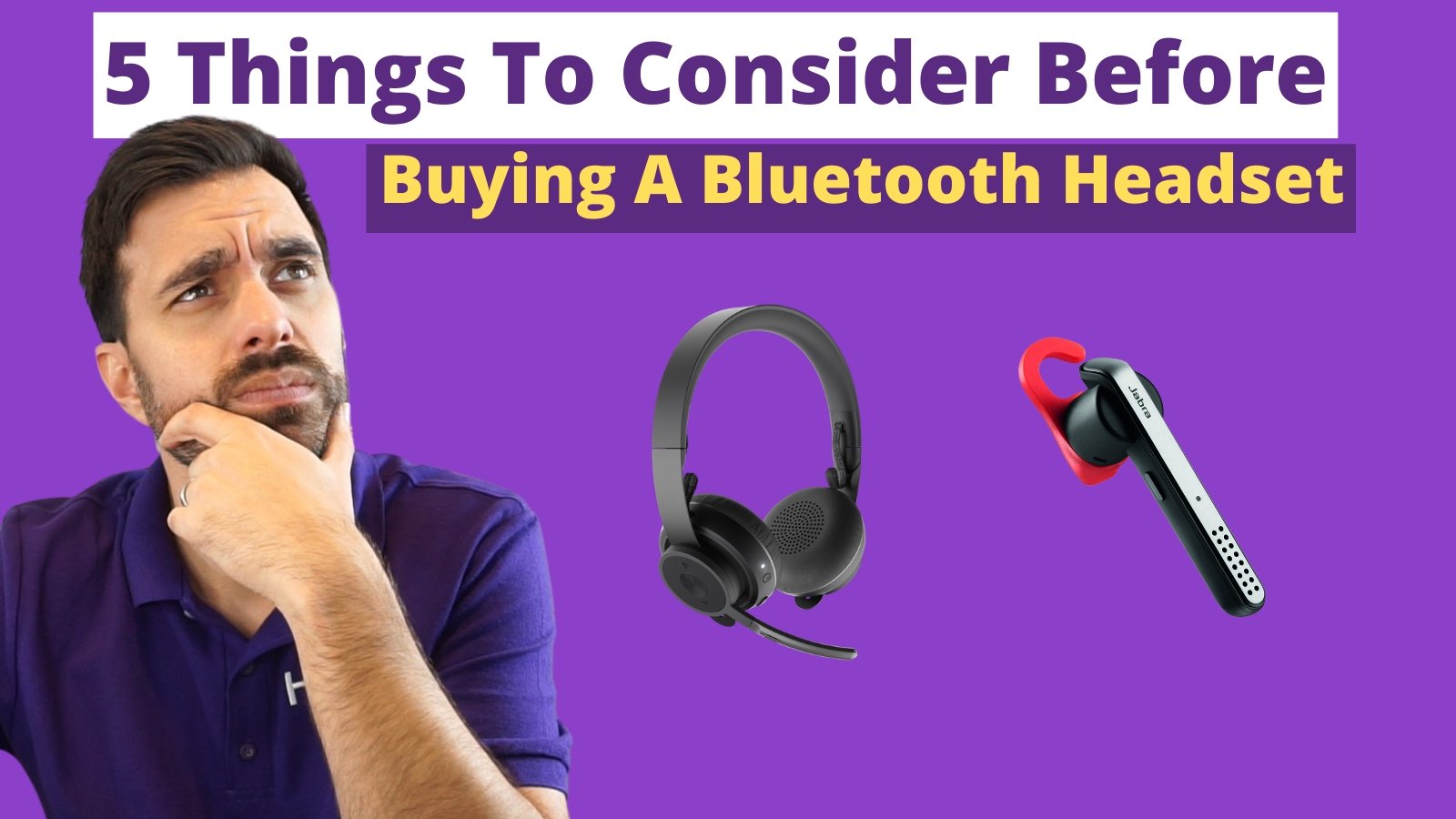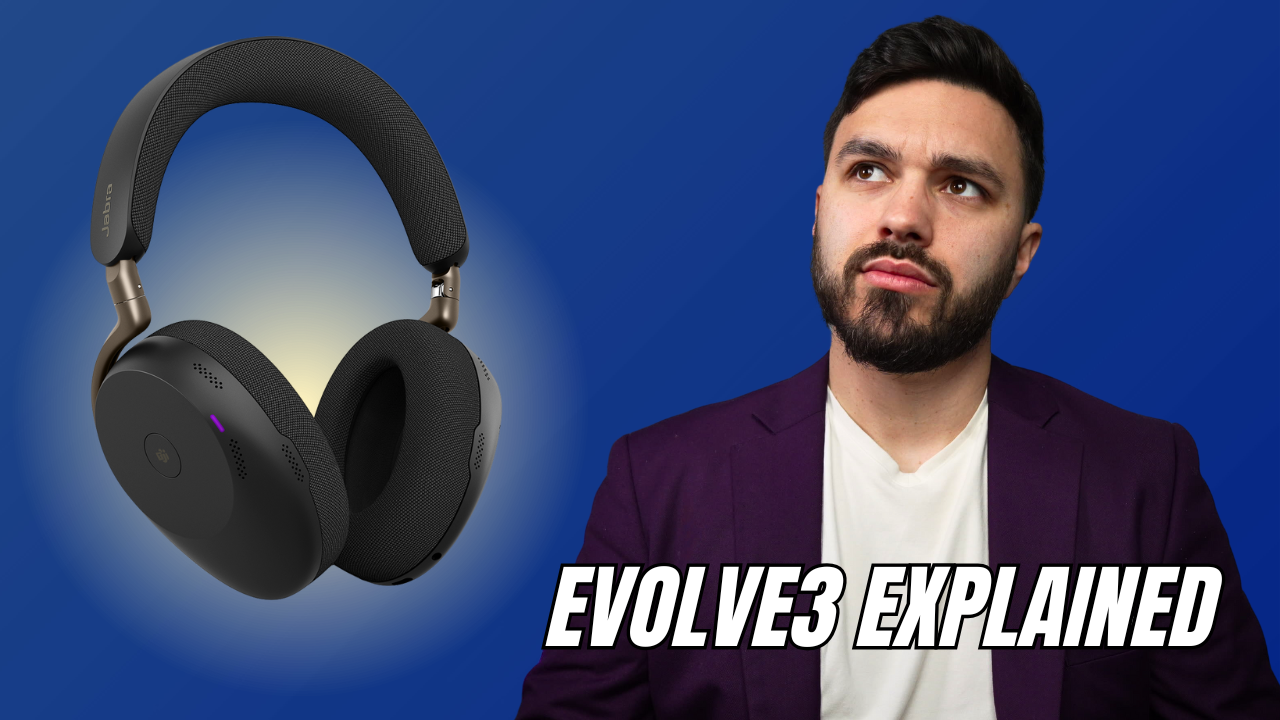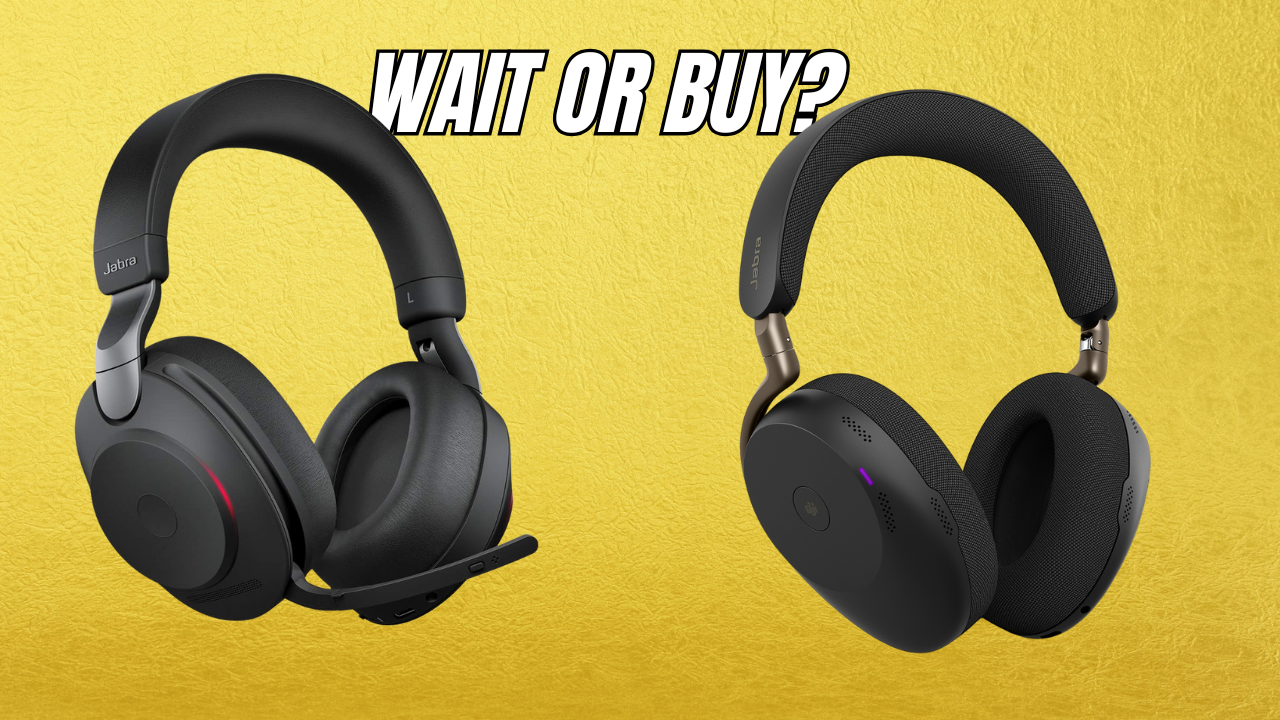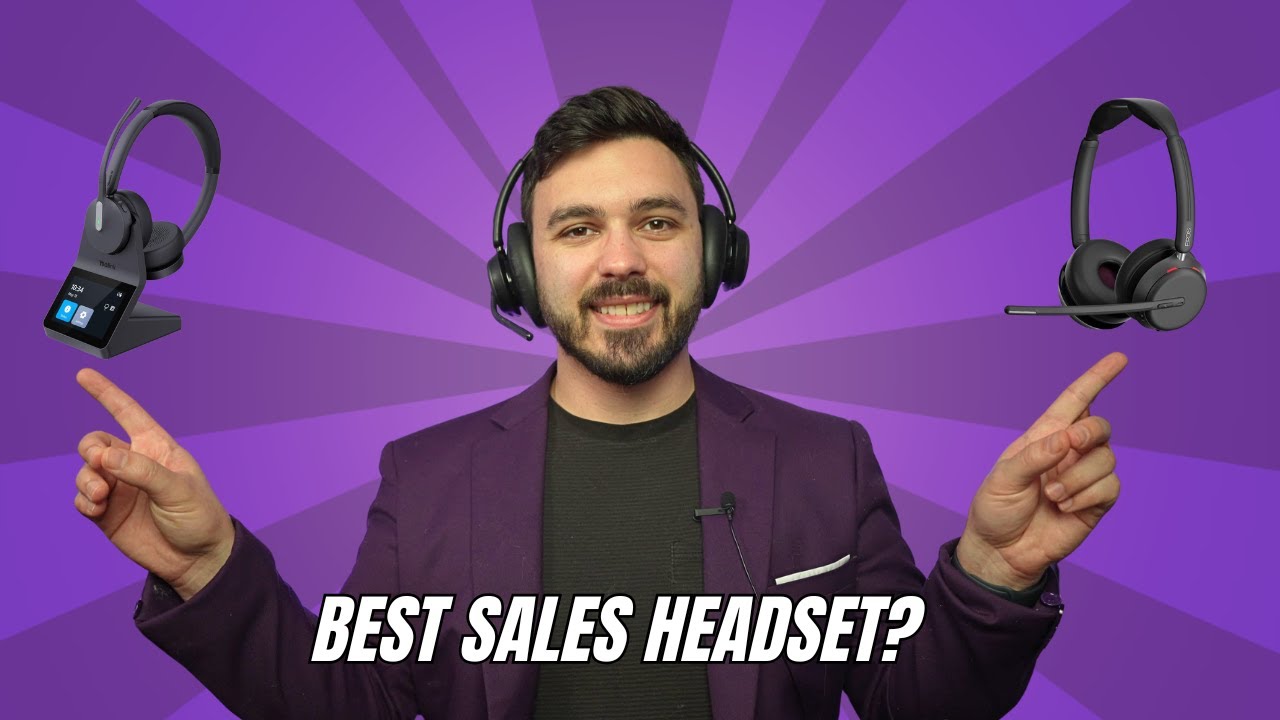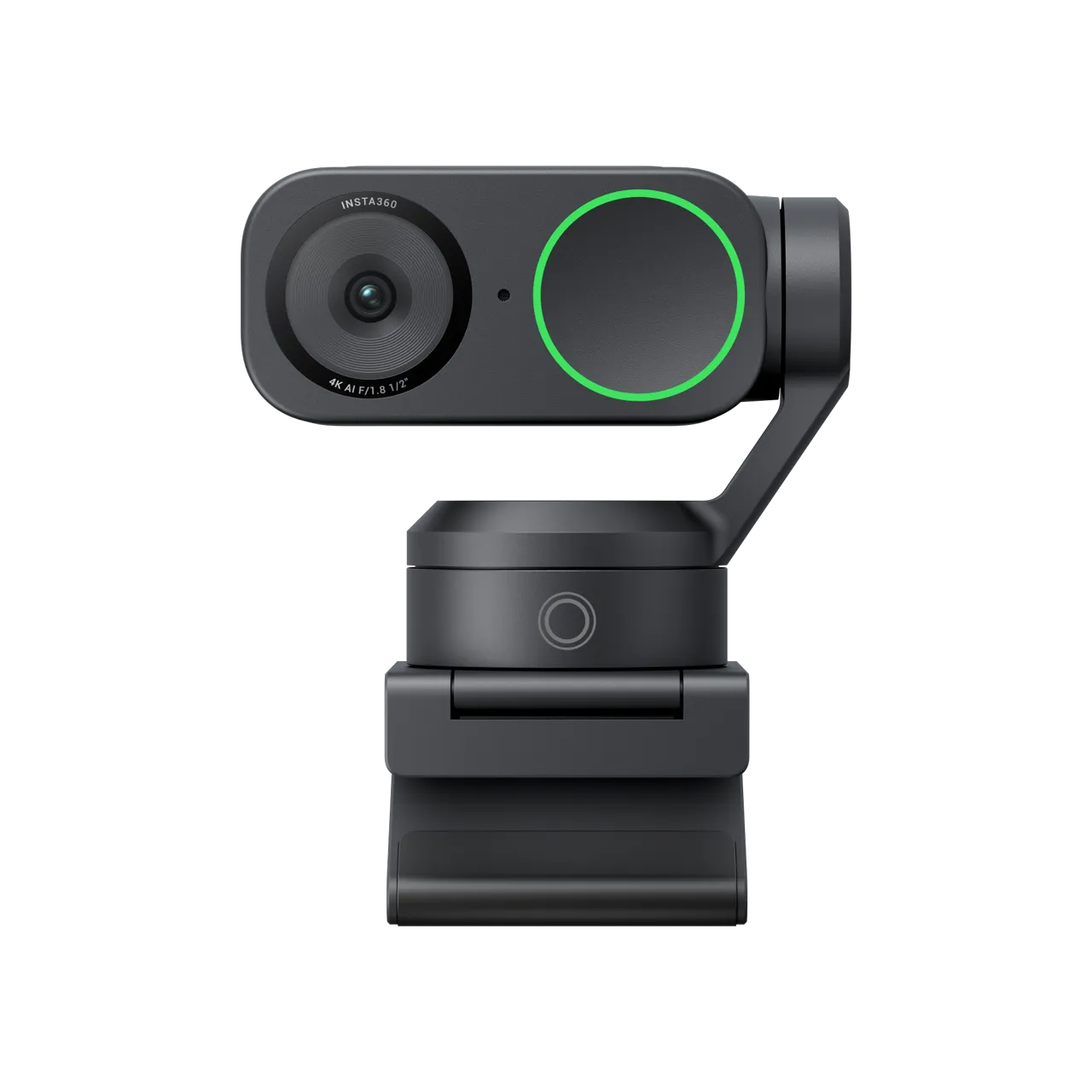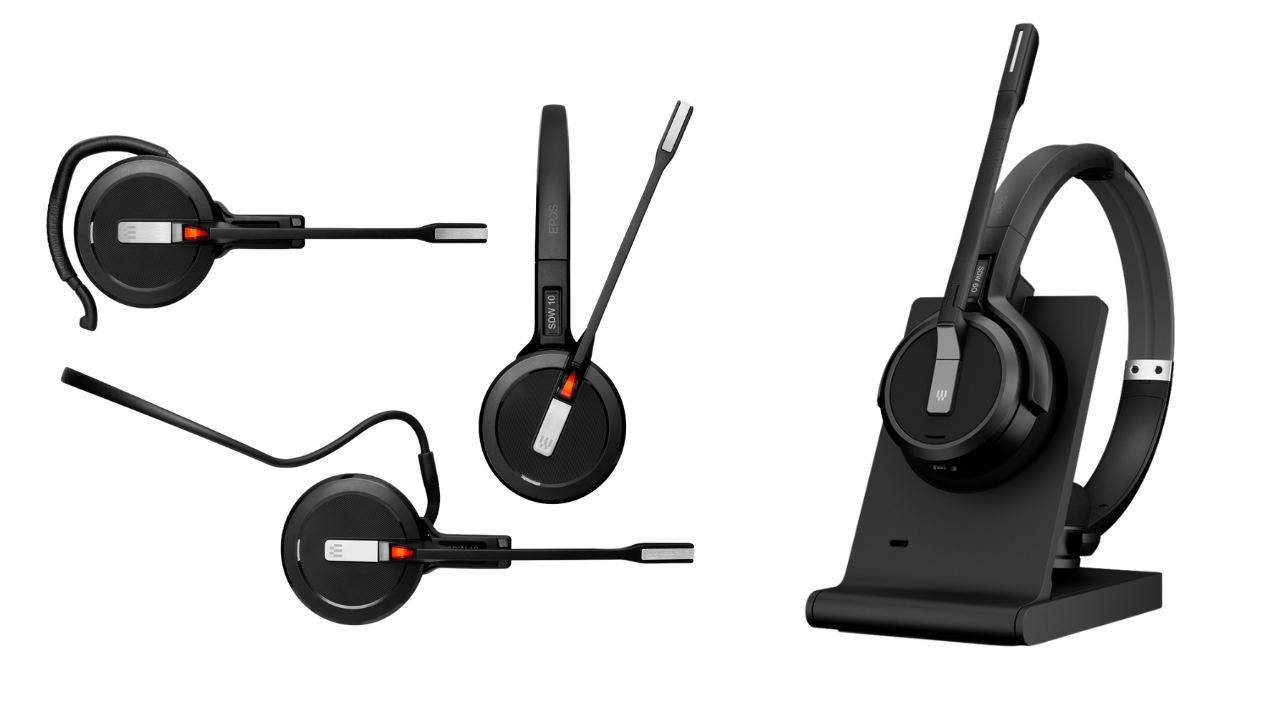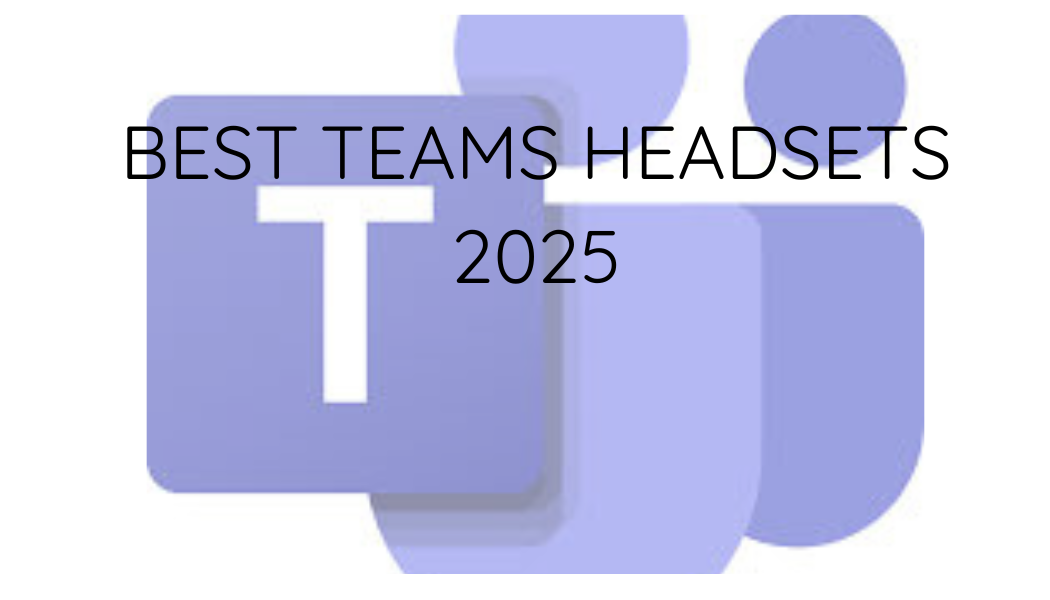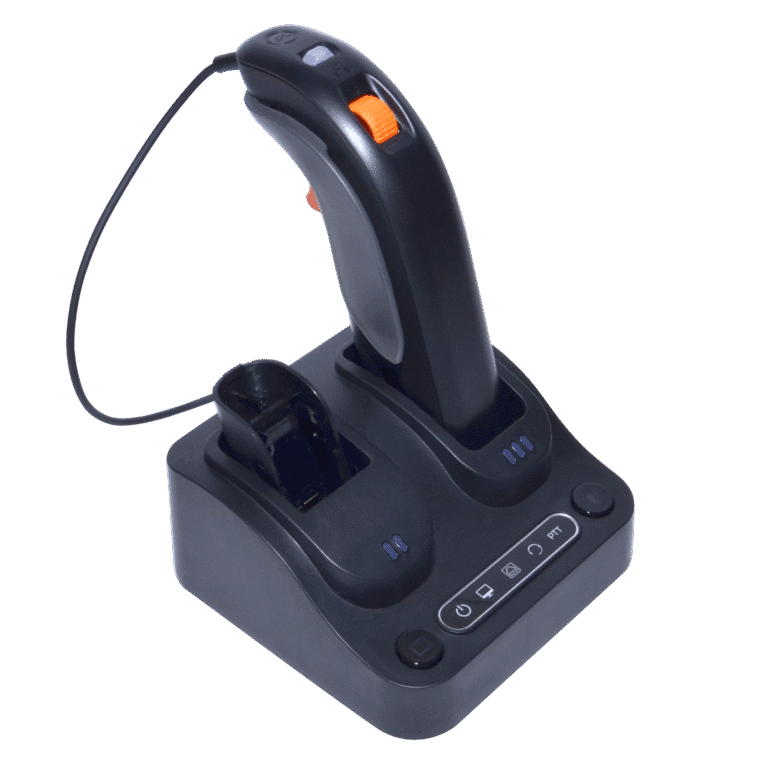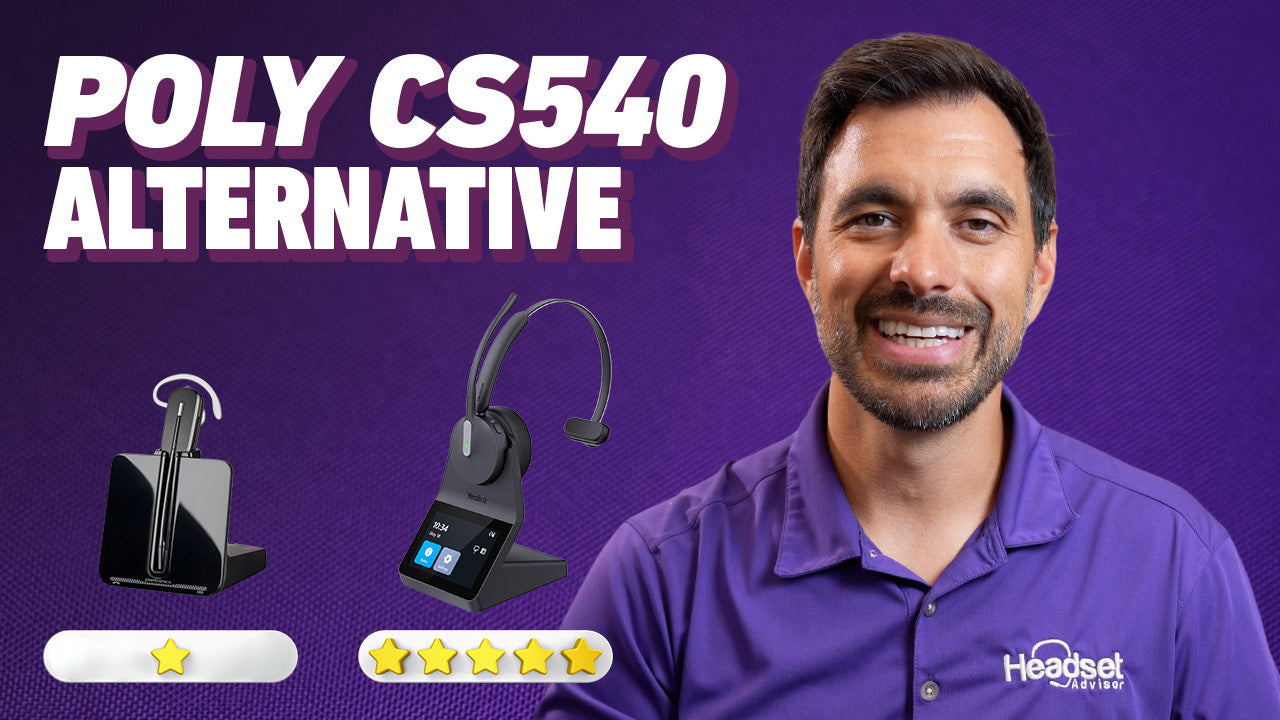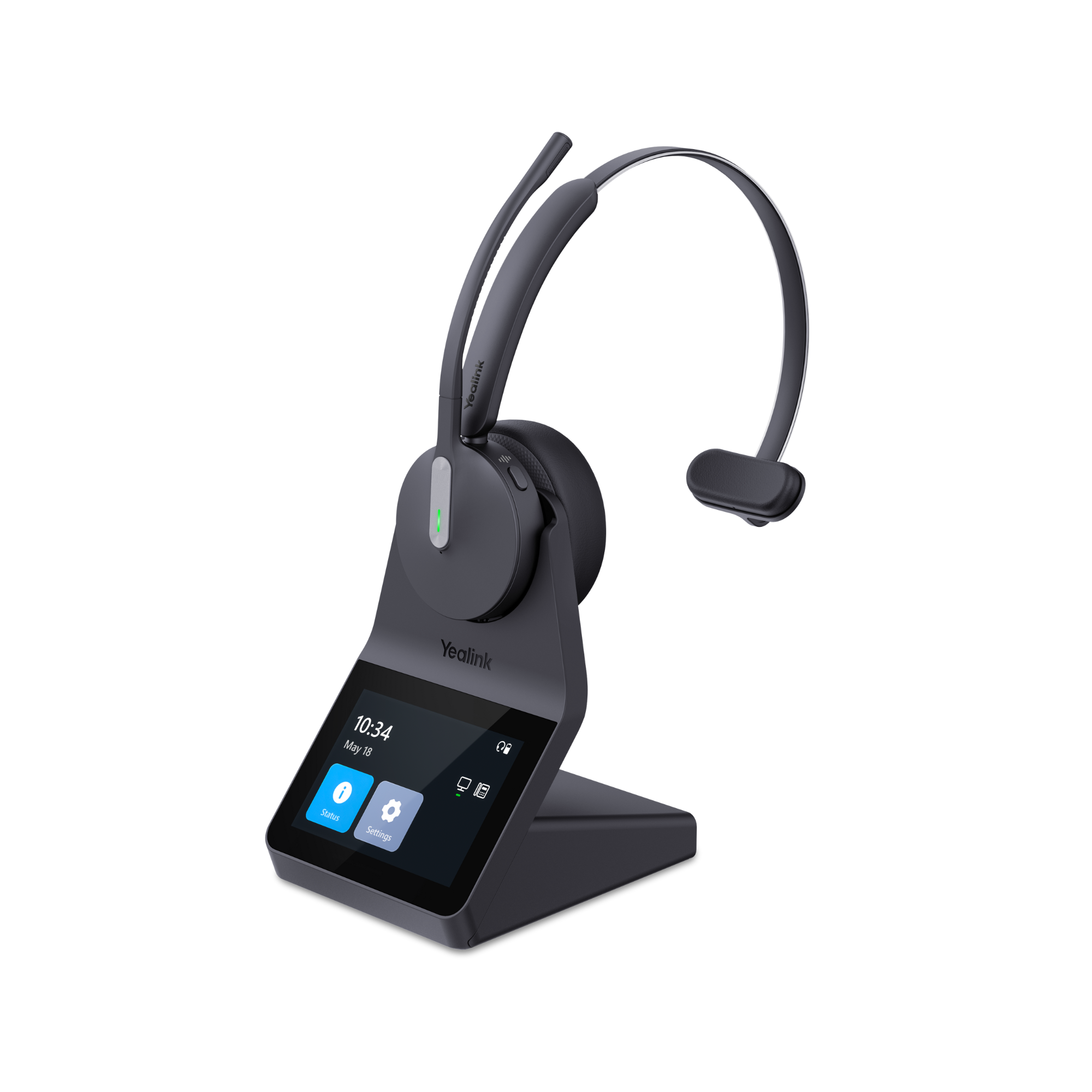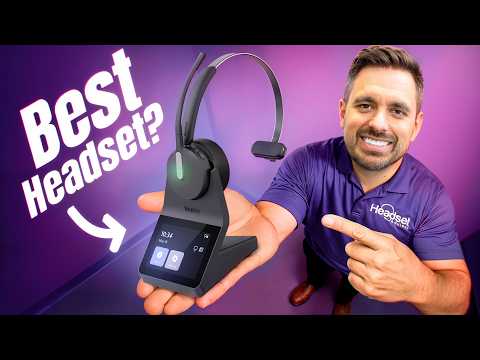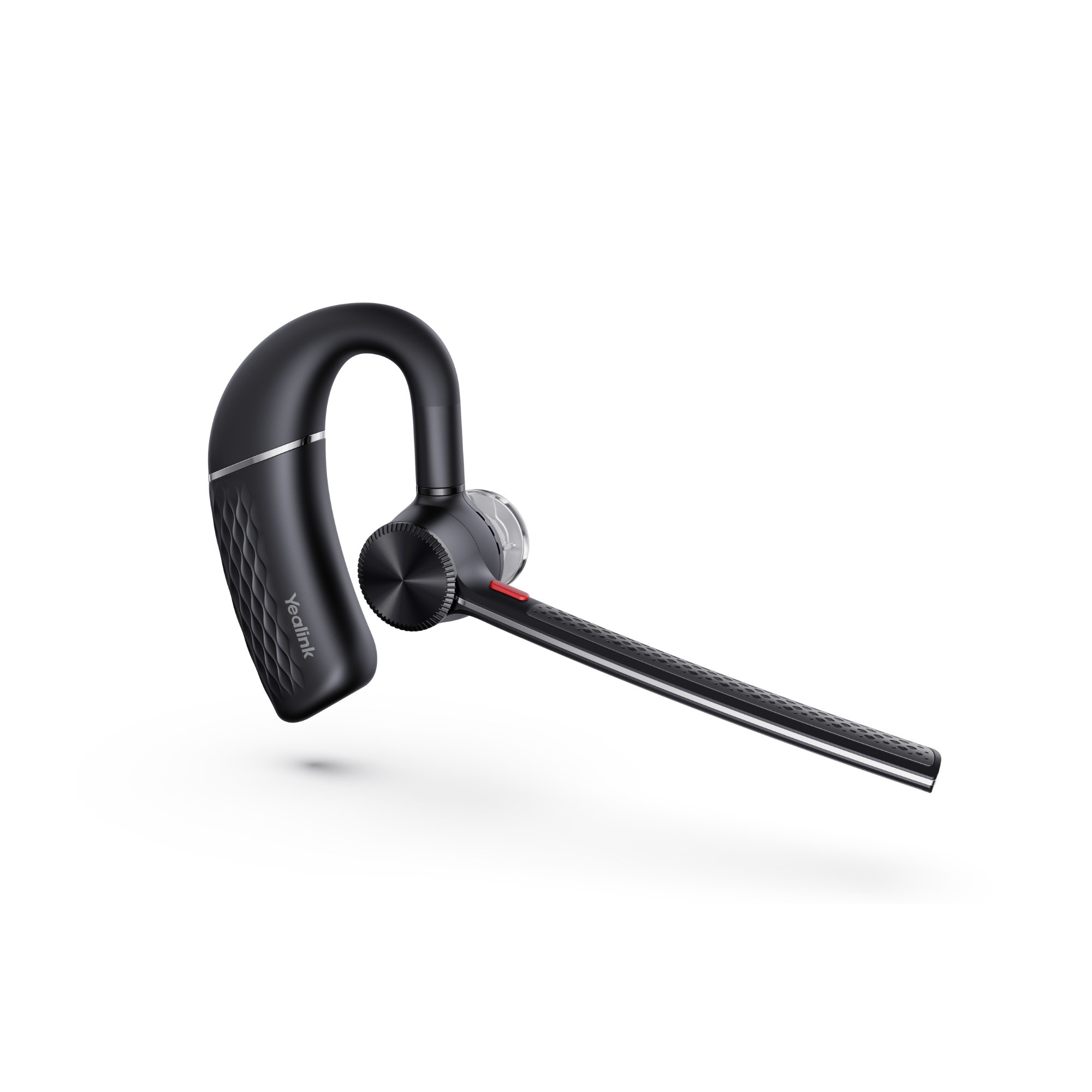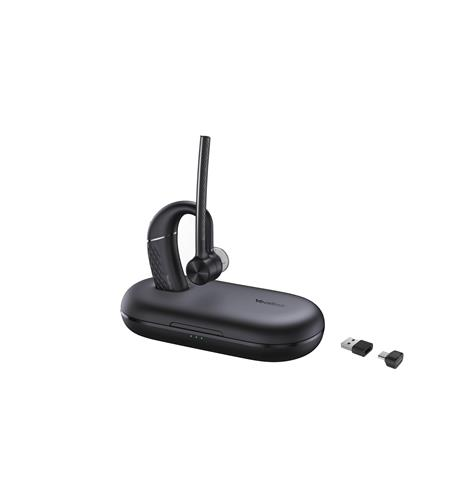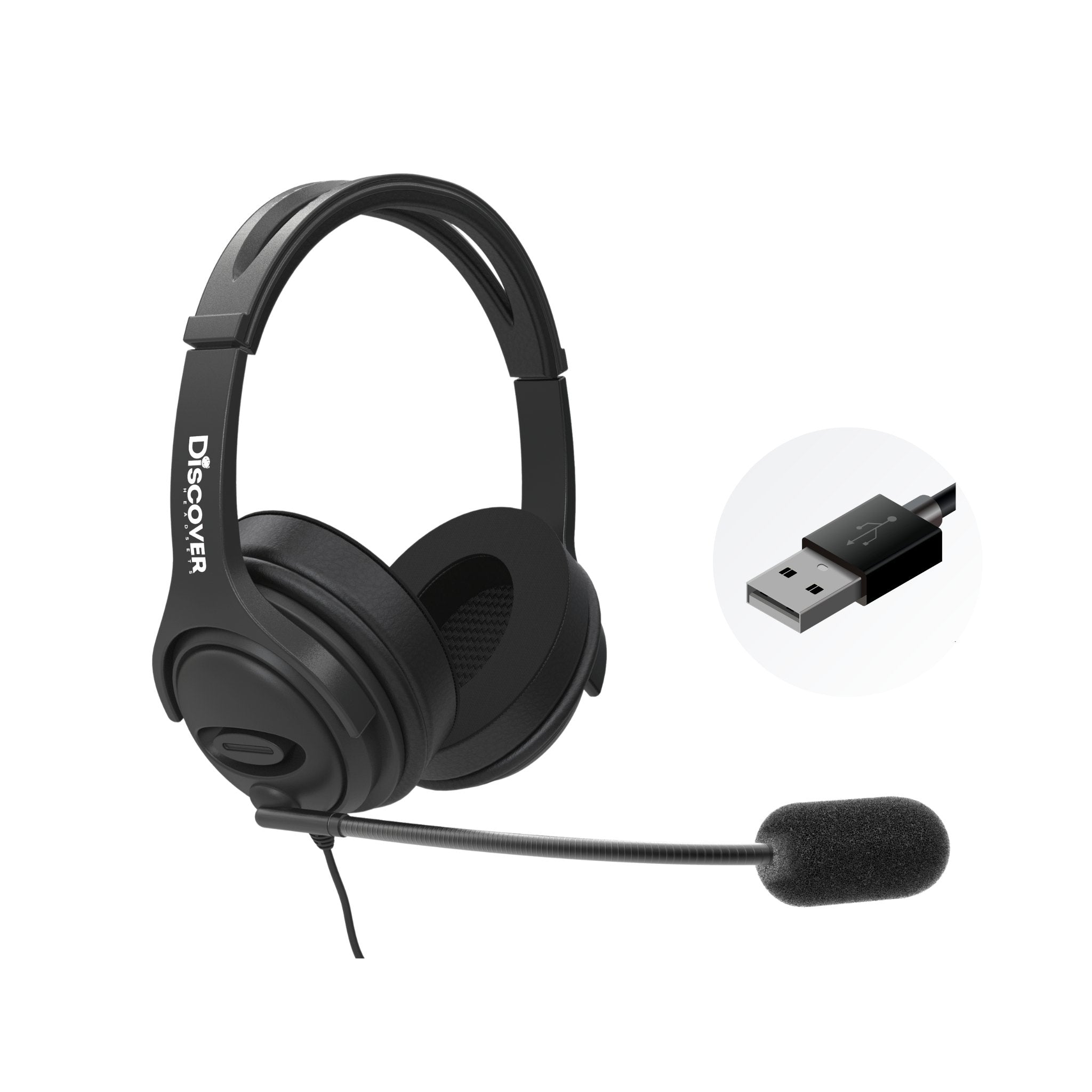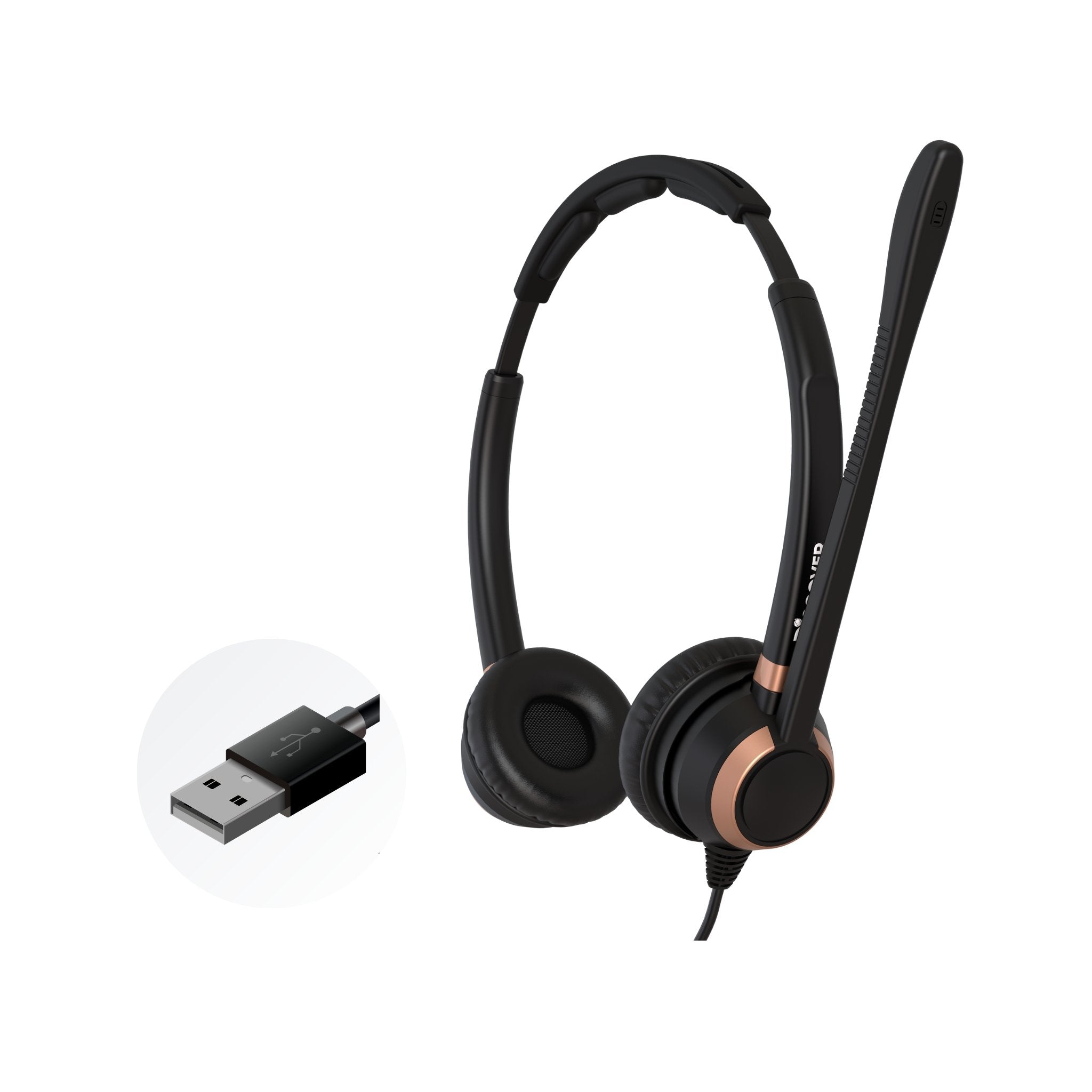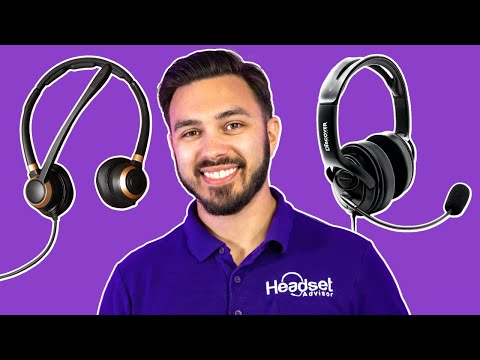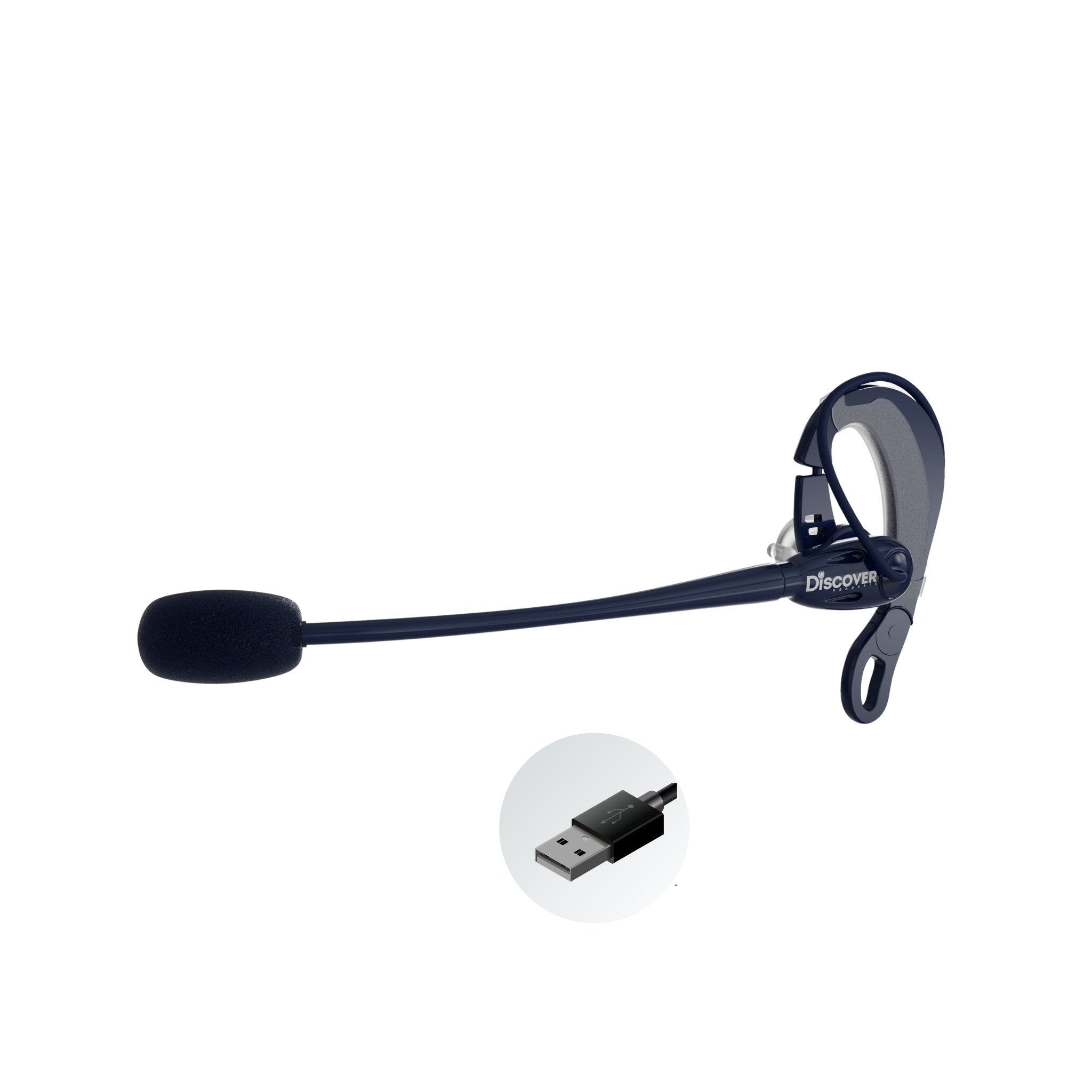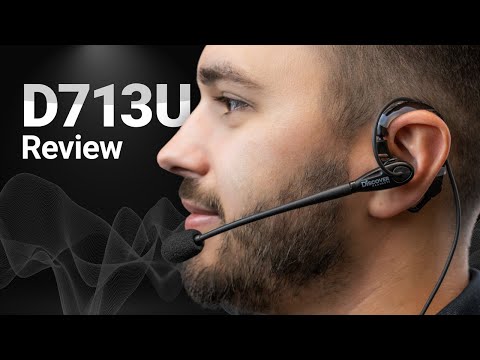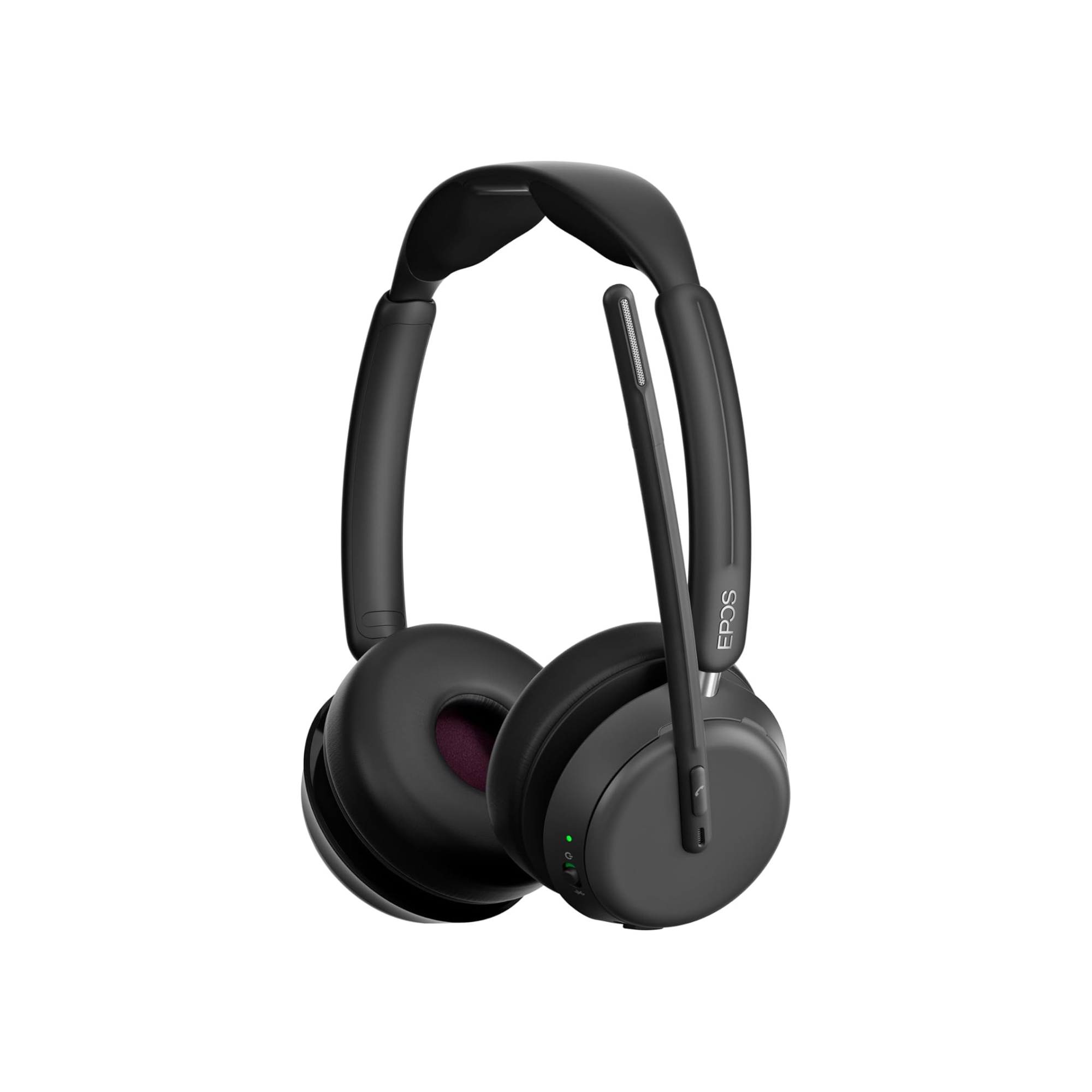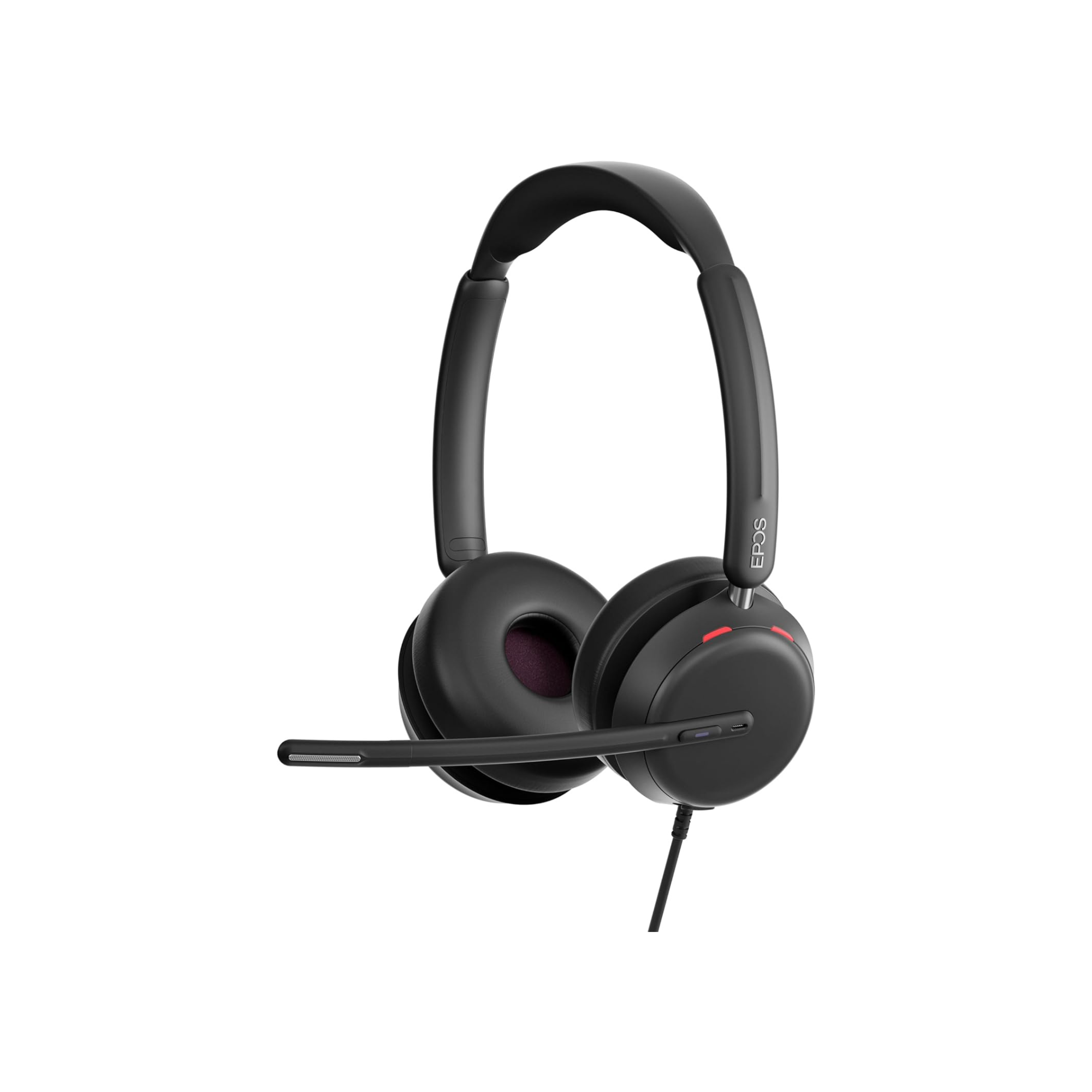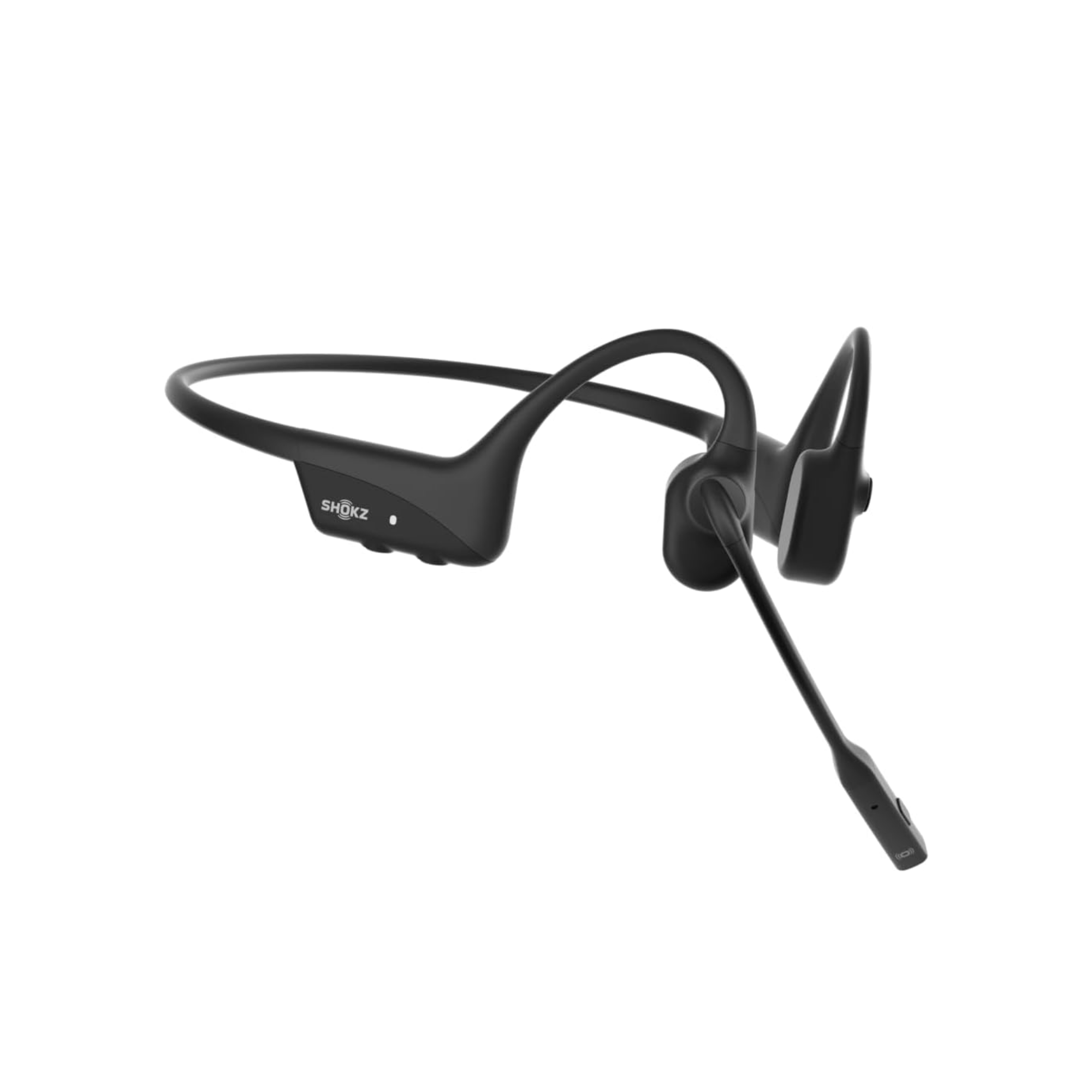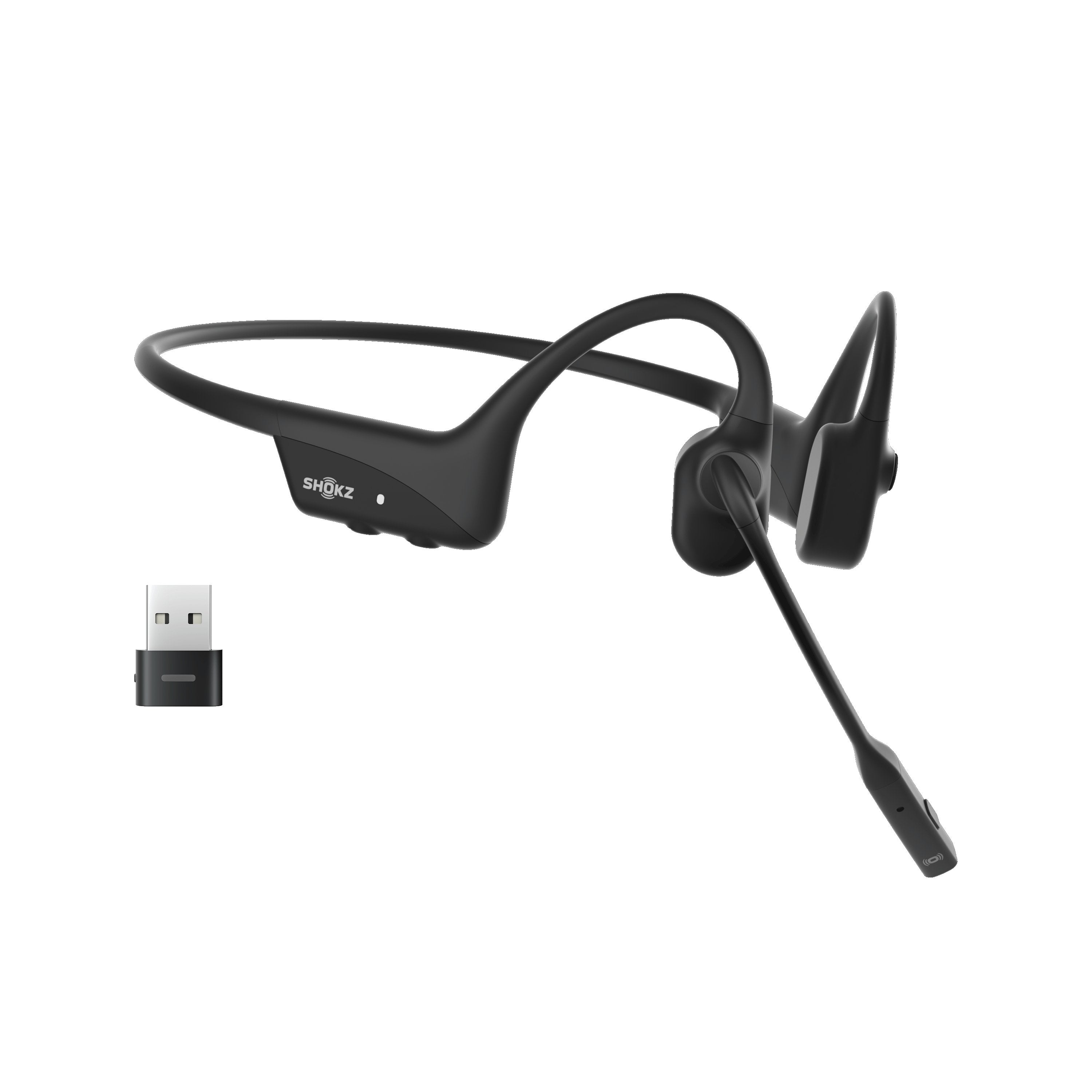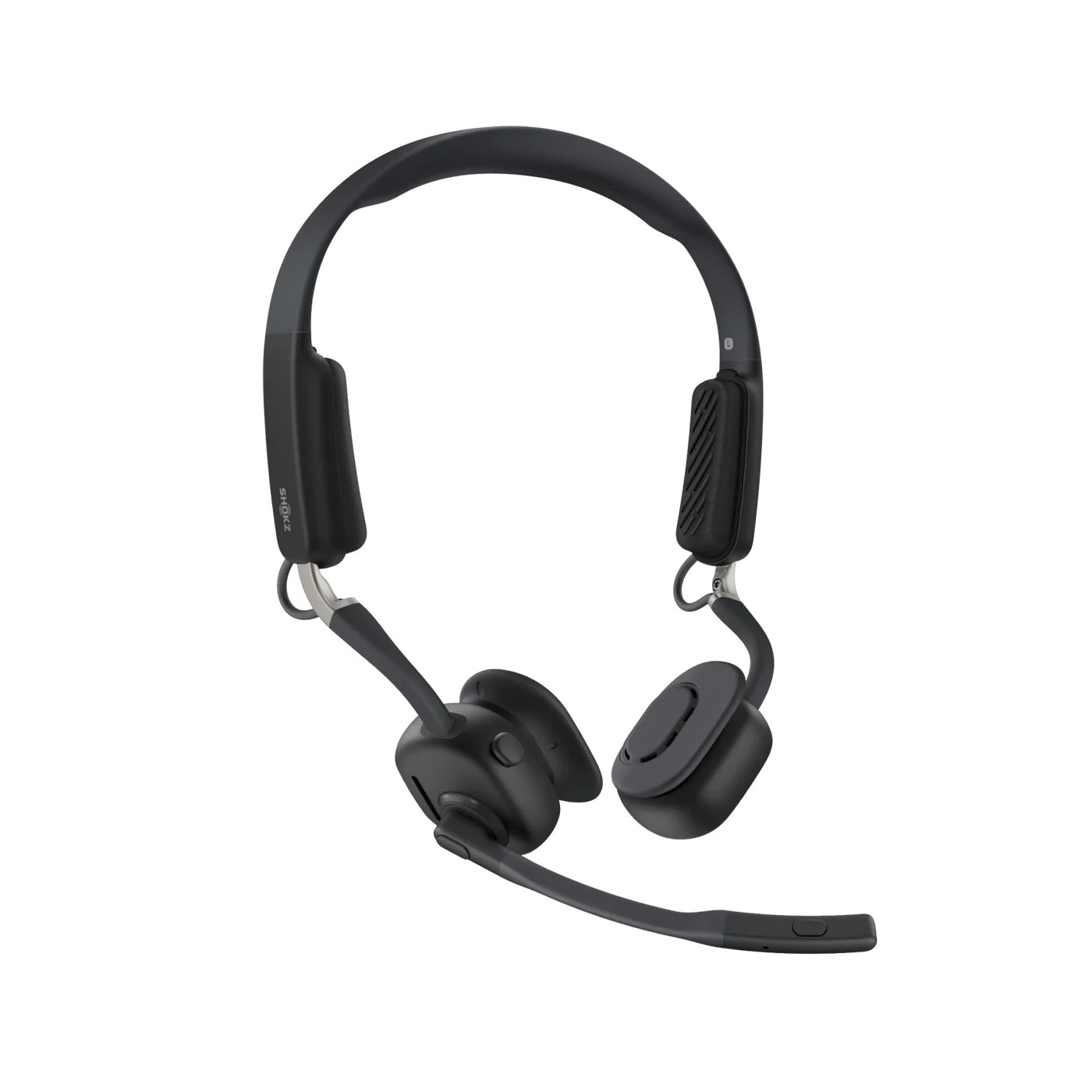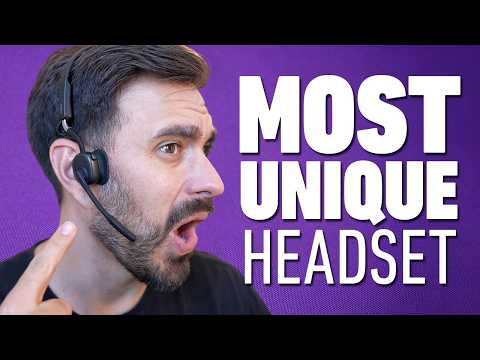More and more business people are looking for a Bluetooth headset with mic that can not only be used for business communications, but for casual listening as well.
If you’re in the market for a new Bluetooth headset, there are a few things you should consider before venturing out into the murky waters of Bluetooth headset shopping.
You want to make sure that you get a headset that’s right for you, and for your needs. With that in mind, here are a few thoughts for you to ponder as you look for the perfect Bluetooth headset.
Consideration #1
What is your preferred wearing style?
Do you prefer a headset that’s worn over the head, or one that’s worn over the ear? Maybe you want one that can be worn in either of these two ways, i.e., a convertible model.
You want to make sure that you’re clear on this before you go shopping. If nothing else, it will help to narrow down the field for you, and that’s not a bad thing given there are a lot of choices.
The second reason why this is recommended is because you want to have a comfortable wearing experience, and if you end up with the wrong product, it can not only be hard to wear for long periods of time, but if you opt to return it, that’s just a hassle in most cases. So, do a little research up front and it will help you to avoid discomfort, or inconvenience.
Consideration #2
What will you need the Bluetooth headset to connect to?
- A mobile phone?
- A Tablet?
- A computer?
- A desk phone?
- Multiple devices?
It’s important to know what you will use the Bluetooth headset with, or connect it to.
Why? Because Bluetooth headsets come with different capabilities. Some are Bluetooth wireless only, while others may include a USB dongle/adapter so you can use it with a computer.
Right about now you might be thinking that you don’t need a USB dongle/adapter to use it with a computer, if the computer is Bluetooth enabled. That is true, and yes, you can use most any Bluetooth wireless headset with a Bluetooth enabled computer. Will it work? Yes.
Will it work well? No. If you travel down that dark path of connecting a Bluetooth headset to a Bluetooth enabled computer via a Bluetooth wireless connection you should expect to be disappointed. Disappointed in these ways;
Wireless range
A bluetooth headset that connects to a computer via a USB dongle/adapter will give you more wireless range over one that connects via a Bluetooth wireless signal. So, if having more wireless range is important to you, then skip the idea of a wireless bluetooth connection.
Sound quality
If having good sound quality is important to you, then this is another reason to skip the idea of connecting a Bluetooth headset to a Bluetooth enabled computer via a wireless Bluetooth connection. Simply put, you’ll have inconsistent sound quality, and that’s not what anyone wants when making business calls.
Limits your ability to make headset adjustments
If you’re using a Plantronics Bluetooth headset or Jabra for example, connecting via Bluetooth to a computer will not allow you to access their applications that allow you to make many headset adjustments. This means that you’ll be very limited in what you can and cannot do with and to the headset.
No remote call answering
Most people really appreciate the ability to step away from the desk knowing they can take a call if one comes in while they’re away. Remote call answering isn’t available if you connect via Bluetooth.
Something to consider for sure especially if you consider how useful and popular that feature is. With it you’re always accessible and you don’t miss important phone calls. As an added benefit, you also avoid the need to listen to voice messages and enter into that familiar game of phone tag.
Bluetooth connections don’t always work
Connecting a Bluetooth headset to a computer doesn’t always succeed. In other words, you might have great intentions of making that connection, but the computer could have a different thing in mind. Device not recognized comes to mind.
The point is you need to be clear on what device(s) you plan on connecting to, and then making sure the Bluetooth headset you choose has the ability to not only connect to it, but connect to it in such a way that it provides you with the best possible experience.
This video will further explain
The same concept of this video applies to all brands like Epos, Logitech, Poly, Jabra, Discover and more.
Consideration #3
How many hours during the day, or night, will you be using the Bluetooth headset?
Why is this important?
Because not all Bluetooth headsets have the same amount of available talk time. You’ll find some that deliver under 5 hours of talk time, while others may give you 10,12 or even 14 hours. The last thing you need is to be in the middle of something important only to discover that your Bluetooth headset battery is dying on you.
Make sure when you’re shopping around that you pay careful attention to how long the battery lasts before a recharge is needed. The other piece of this is how long the battery takes to recharge. I’ve seen many that require 2-4 hours to recharge, and one that takes only 1 hour.
This can play an important role in certain situations. For example, let's say that you forgot to charge your battery overnight and when you come to work you have only a partial charge remaining that should get you to your first break, or lunch hour. Some Bluetooth headsets will give you a 50% charge in a short 20 minute period of time.
Otherwise, placing the Bluetooth headset into the charger during your lunch break can give you a 100% charge on some models. Knowing the battery recharge time can save you from the need to use a handset, or just being without your headset all together.
Bottom line, make note of the battery details because you just never know when those details will end up making a difference at the right moment.
Consideration #4
Does the headset sound good, and is it comfortable?
This one is hard to nail down just by watching videos or reading spec sheets. You need to either try the headset for yourself, or read a ton of reviews. If you have a certain headset vendor that you’ve used in the past, reach out to them and ask them if they have a demo program that will allow you to try out a headset before deciding to buy. Many headset providers will allow you to sample a headset for a few days or longer.
The key value in trying out the headset first is it gives you first hand experience with the exact model you’re interested in. You can decide for yourself if it meets your expectations in the areas of comfort, fit, feel, sound quality and more. It’s much like taking a car out for a test drive before deciding if it’s the right one for you or not.
If that’s not available, then make sure to read as many reviews about the product as possible, and from many different sources as well. By doing this, you should get a pretty good sense of what to expect. If sound quality and comfort are a couple of the important things you’re interested in, then key in on those comments as you’re reading reviews.
Consideration #5
What features come standard with the Bluetooth headset, and what features are available as an option? How do those features compare to other Bluetooth headsets that compete with the model you’re interested in? What features on a Bluetooth headset are most important to you?
There are many different features available on Bluetooth headsets. Among them include:
- Noise cancelling microphone
- Active Noise Cancellation (ANC)
- USB Dongle/Adapter (some models offer this, others don’t)
- Single omni directional microphone, or multiple microphones
- Single wearing style, or more than one wearing option included
- Padded headband or a headband without a cushion
- Remote call answering (available on some models, not on others) Standard size ear cushions, or oversize
- Hearing protection
- Bendable/Flexible microphone boom for adjusting location of microphone
- Wireless range (varies from model to model)
- Battery life and recharge time (varies by model)
- Foldable ear speakers for easier portability and storage
- Conversation mode (hear others in room w/o need to remove headset) Buttons, speak, tap or swipe to make adjustments? Models and makes vary
- Voice Assistant or Spotify compatible?
- Busy light option available?
- Microsoft Teams certified?
- Software integration capable?
- Futureproof via firmware upgrades?
This list could continue, but you get the idea. Bluetooth wireless headsets have a long list of available features, but the one you may have interest in may or may not have some of them. It’s best to decide which features are the most important to you, and then carefully evaluate the bluetooth headset to see if it has what you want or need.
To summarize
Before purchasing a Bluetooth headset, there are several things you need to consider before pulling the trigger on your purchase.
- What is your preferred wearing style -over the head, over the ear, or both? What do you need the Bluetooth headset to connect to? Computer? Tablet? Mobile Phone? Both?
- Is a long battery life important? If so, check out the headset to see how long it goes. Don’t forget to investigate the battery recharge time. That too is important.
- Do your research on the sound quality and comfort to make sure it’s right for you. Request a demo from your headset vendor, and/or check out a number of reviews from several different sources. You want great sound for both you, and your callers, and you want the headset to be comfortable.
- Determine what features are most important to you, and then learn whether or not the model you want has them.
By following these simple steps as part of your vetting process, you should be able to narrow down the many available headset options, and arrive at a few that best meet your needs.
If you need help finding the right Bluetooth headset, don’t hesitate to reach out to us here at Headset Advisor and we'll be more than happy to point you in the right direction.

